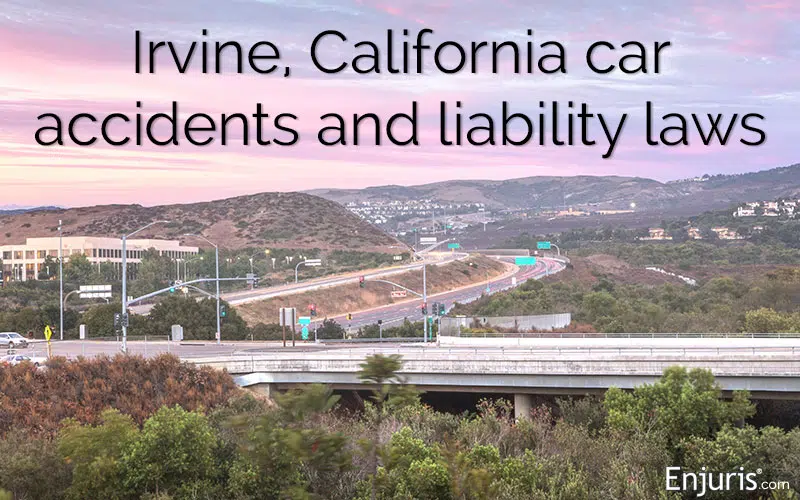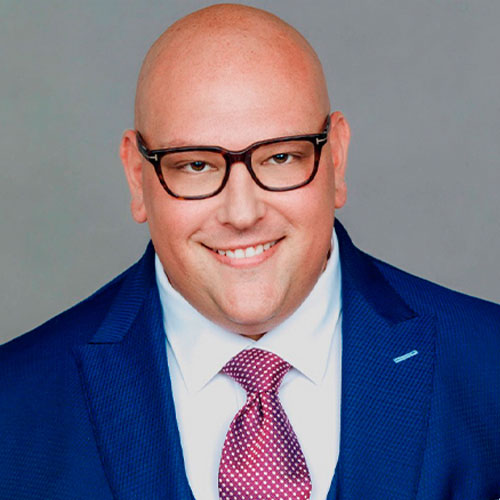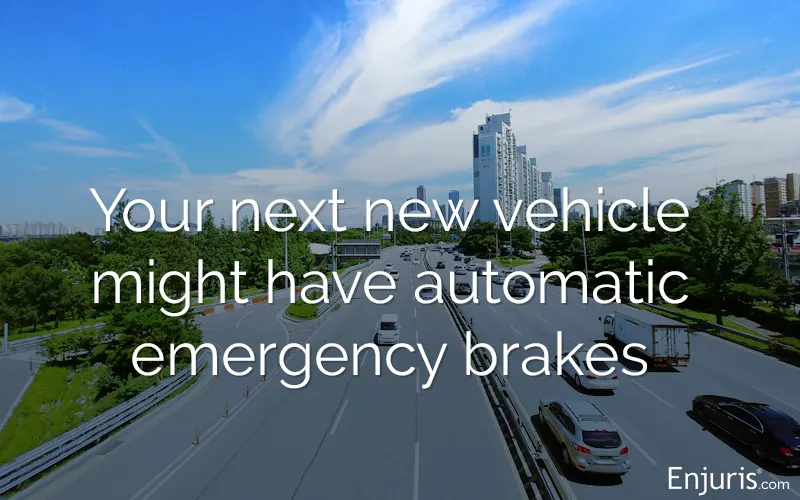
Tesla is making history, but this time for the wrong reasons.
Los Angeles County prosecutors recently filed 2 counts of vehicular manslaughter against the driver of a Tesla Model S. The driver is the 1st person to be charged with a felony in the United States for a fatal crash involving an automated driving system.
Although the historic criminal charges are getting most of the headlines, a couple of related civil lawsuits filed against the driver could have far-reaching implications.
The accident
On December 29, 2019, Kevin George Aziz Riad was driving his black Tesla Model S at a high speed when it ran a red light in the Los Angeles suburb of Gardena and slammed into the driver’s side of a Honda Civic heading west on Artesia Boulevard.
Both occupants of the Honda Civic, Gilberto Alcazar Lopez, age 40, and Maria Guadalupe Nieves-López, age 39, died at the scene.
Investigators from the National Highway Traffic Safety Administration (NHTSA) confirmed that the Tesla’s Autopilot features were in use at the time of the crash.
Tesla’s Autopilot system, which comes standard on every new Tesla, is an advanced driver-assistance system that, among other things, enables the vehicle to steer, accelerate, and brake on its own.
Although Tesla’s Autopilot system is intended to “enhance safety and convenience behind the wheel,” the NHTSA has spent a significant amount of time reviewing the widespread misuse of Autopilot by drivers whose overconfidence and inattention (termed “automation complacency”) has been blamed for multiple crashes.
Criminal charges filed against the driver
Los Angeles County prosecutors filed 2 counts of vehicular manslaughter against Kevin George Aziz Riad following the accident. Vehicular manslaughter carries a penalty of up to 6 years in California State Prison and fines up to $10,000.
Riad pleaded not guilty and is free on bail while the case is pending.
The charges are historic, as they mark the 1st U.S. case in which serious criminal charges were filed in a fatal crash involving an automated driving system.
Civil charges filed against the driver and Tesla
The families of the victims have filed wrongful death lawsuits against Kevin George Aziz Riad and Tesla.
The lawsuits filed against Riad allege that he was negligent for being inattentive and failing to stop at a red light. The lawsuits filed against Tesla claim that Tesla sold a defective vehicle that “suddenly and unintentionally accelerated to an excessive, unsafe, and uncontrollable speed” and lacked an effective automatic emergency braking system.
A joint trial is scheduled for 2023.
Auto accident liability for self-driving cars
The question of who should be held civilly liable—the driver or the manufacturer—when an automated car causes an accident has been the topic of much debate.
Practically speaking, if you’re injured in a self-driving car accident, your lawyer is likely to sue both the manufacturer and the driver of the vehicle.
Criminal vs. civil cases
When a person is arrested and charged with a crime, they are brought to a criminal court where the government, on behalf of the people of the U.S., prosecutes the case. The goal of a criminal court is to punish criminals through fines or jail time.
When a person (called a “plaintiff”) sues another person (called a “defendant”) for damages, they do so in a civil court. The goal of a civil court is to compensate the plaintiff for any injuries they suffered as a result of the defendant’s actions or inactions.
A car accident case can be tried in a civil court even if no criminal charges are filed against the defendant. What’s more, because civil suits use a “preponderance of the evidence” standard, which is less stringent than the criminal “beyond a reasonable doubt” standard, victims of a car accident can recover civil damages even if the criminal court declares the defendant innocent of the crime.
Tell us below.
USDOT's New Regulation:
AEB Systems Required in Cars
by 2029
New mandate for Automatic Emergency Braking (AEB) systems in cars by 2029 aims to reduce accidents and enhance driver protection through advanced technology.



 Irvine personal injury law firm, MVP Accident Attorneys advocate for injured clients to recover compensation for losses from California car accidents, slip-and-fall accidents, brain injuries, spinal cord injuries, and other personal injuries. Our team will work tirelessly for you, whether it’s recovering economic damages like costs for medical treatment, non-economic damages for outcomes like emotional trauma, or even punitive damages. MVP Accident Attorneys is the official law firm of the LA Galaxy.
Irvine personal injury law firm, MVP Accident Attorneys advocate for injured clients to recover compensation for losses from California car accidents, slip-and-fall accidents, brain injuries, spinal cord injuries, and other personal injuries. Our team will work tirelessly for you, whether it’s recovering economic damages like costs for medical treatment, non-economic damages for outcomes like emotional trauma, or even punitive damages. MVP Accident Attorneys is the official law firm of the LA Galaxy.